
Reuters
1912 newsArticles by author
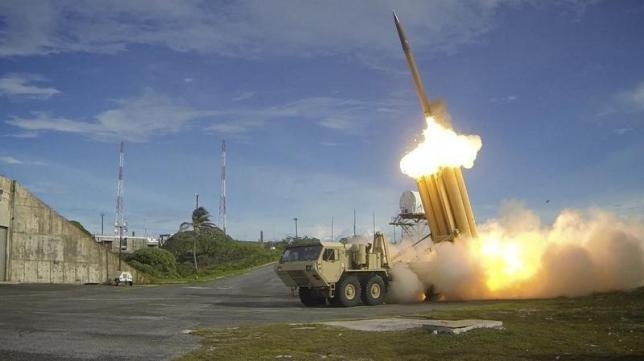
RoK, US to deploy THAAD missile defense
The Republic of Korea and the United States said on July 8 they would deploy an advanced missile defense system in the RoK to counter the threat from nuclear-armed Democratic People's Republic of Korea.

Super typhoon hits Taiwan, cutting power and transport
Super typhoon Nepartak hit Taiwan on July 8, driving thousands of people from their homes, disrupting power supplies and grounding more than 600 flights, authorities said.
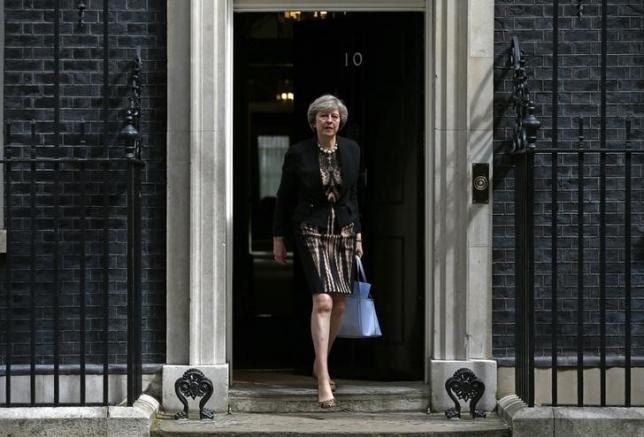
UK PM candidates vow to make EU immigration harder after Brexit
Both candidates seeking to become Britain's next prime minister vowed in interviews published on July 8 to impose tougher rules on EU citizens newly arriving in Britain, as they face a ballot of party members to choose David Cameron's successor
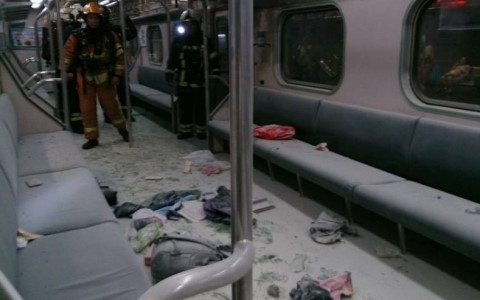
Blast injures 25 on Taiwanese passenger train
A suspected pipe bomb injured 25 people on a passenger train in the Taiwanese capital late on July 7, officials said.
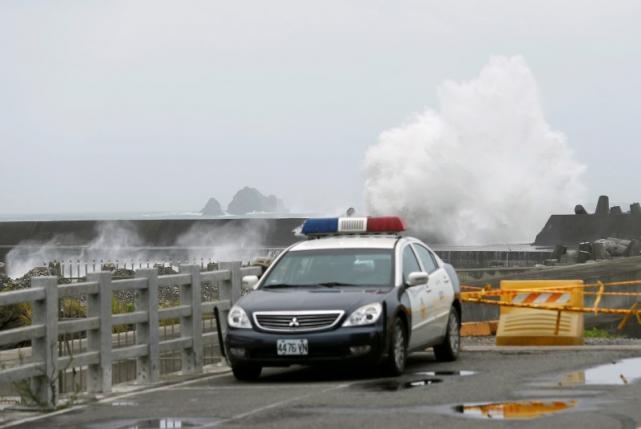
Taiwan, China batten down hatches as super typhoon approaches
Taiwan and China began battening down the hatches on July 7 ahead of the arrival of super Typhoon Nepartak, the first of the year, with fears in China that storm could worsen already severe flooding in the east of the country.
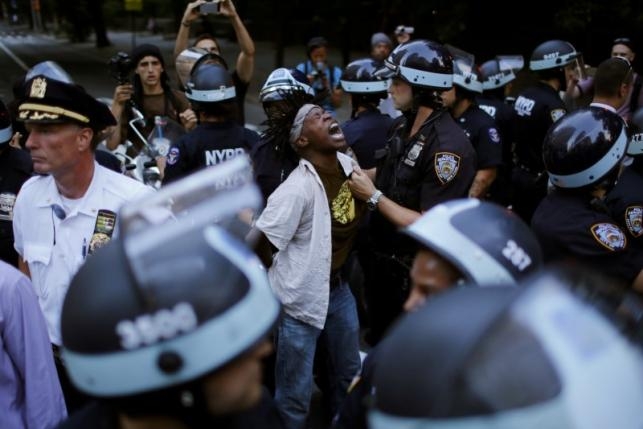
Protesters mass after another police shooting of black man in US
Protesters in Chicago, New York and St. Paul, Minnesota, took to the streets on July 7 to express outrage after the second fatal police shooting of a black man in the United States in two days.
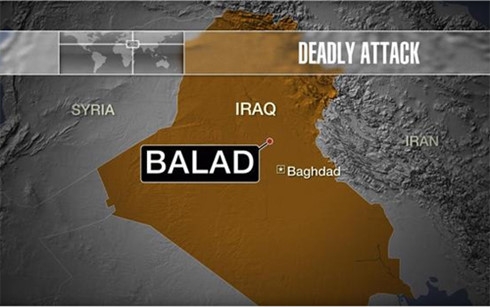
At least 35 killed in attack on Shi'ite mausoleum north of Baghdad
Islamic State claimed a triple suicide attack on July 7 evening near a Shi'ite mausoleum north of Baghdad, which killed at least 35 people and wounded 60 others, according to Iraqi security sources.
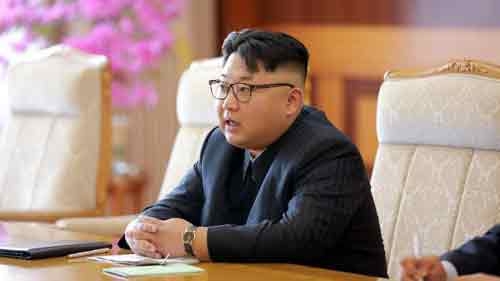
US sanctions DPRK leader over rights abuses
The United States on July 6 sanctioned the Democratic People's Republic of Korea (DPRK) leader Kim Jong Un for the first time, citing "notorious abuses of human rights," in a move that diplomats say will incense the nuclear-armed country.
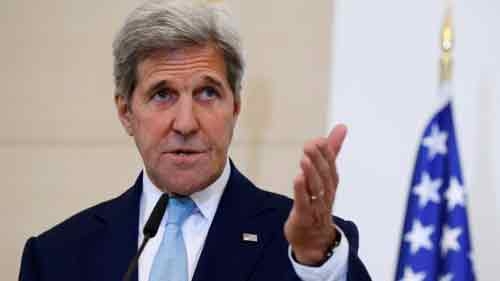
Kerry says US hopes Syria truce a positive sign of things to come
US Secretary of State John Kerry said on July 6 he hoped a 72-hour truce in Syria was "a harbinger" that more ambitious and long-lasting similar deals could be struck.
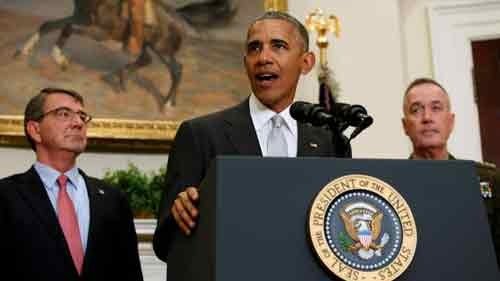
Obama says he will keep 8,400 US troops in Afghanistan until 2017
President Barack Obama, calling Afghanistan's security situation precarious, said on July 6 he will keep US troop levels there at 8,400 through the end of his administration rather than reducing them to 5,500 by year's end as previously planned.
